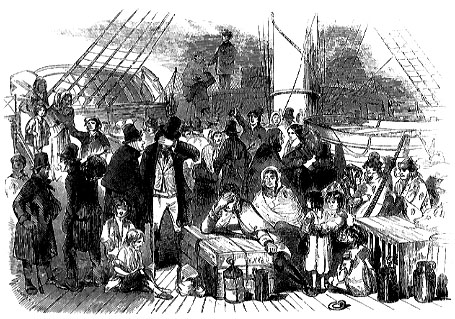On the way to I forget where recently, I was listening to the radio during which the news was, not surprisingly, about the coronavirus pandemic that’s sweeping the world. Businesses are closing, schools are closed, and people are strongly encouraged to stay home.
However, I was suddenly stunned when one report cited surges in reports of domestic violence when an increasing number of “stay home” directives are being issued. For me, there are few things more troubling than the thought of anyone suffering from domestic violence. More disturbing is the unsettling image of victims forced by edict to remain home with her abuser.
And on top of that, feelings of helplessness when grappling with what to do before – or what you could have done – when you find out later that the victim you knew was further abused …or worse… is unfathomable.
Which takes me to petite little “Kim,” a credit union cashier of no more than 110 pounds soaking wet.
When we left church one Sunday afternoon, I saw Kim and her spouse who I’d not met heading to their car. But they drove off before I could say hello and introduce myself. The next day I went to that credit union to take care of some business.
“I saw you at church yesterday Kim and had hoped to introduce myself and my family to your spouse, but couldn’t catch up with you,” I said as I completed a deposit slip.
“Can I share something with you Terry?” she whispered while leaning closer to me to make sure no one was within earshot. “When we were halfway home my husband used the Bible you probably saw him carrying to hit me over the head because something upset him. He’s my second violent husband. Because I only seem to attract abusive men, it’s all my fault.”
Recalling that conversation with Kim haunts me to this day, even after I assembled literature on domestic violence and slipped it to her in an envelope a few days later.
Was that enough? Did I further jeopardize her by sharing literature and he was to find out? Was there more I could have done? What can we do to help as outsiders to help people like “Kim”?
True, there are social services available, police (911), agencies and churches. But how can we help the victim who fears getting caught reading literature on the subject, let alone utilizing external resources?
And bring this into today’s realities, how can we help victims who are trapped at home because of a pandemic with no end in sight? Where once they could escape to a job outside the home, that’s no longer an option.
Well, if a home visit is not possible or safe, consider using technology. Check in on someone you know, or suspect, being abused by phone or text, particularly if they’ve evidenced signs of physical (and emotional) abuse. But here you should consult with local resources for other ways you could help since the abuser may monitor her phone calls and text messages.
You could also muster up enough courage to speak directly to someone you know, or suspect, may be a domestic abuser and point the person to resources for counseling and anger management. Here again, an expert can provide a composite profile of a typical abuser along with what and what not to do if you may be weighing speaking to him directly.
Will this help prevent domestic violence? I don’t know. However, this does present opportunities for education on domestic violence and sharing resources to those we know – or suspect – may be its victims. The National Domestic Violence Hotline – https://www.thehotline.org/ – available around the clock in 200 languages – is a good one to start with along with local resources.
For me, there’re few things more upsetting than regret for not doing something (e.g., intervening in alcohol/drug, tobacco abuse) you could have when you hear later about a tragic outcome you may have influenced differently.
So, what became of Kim? As much as I want to know, a part of me doesn’t want to know.
And that eats away at me to this day!

 It’s one thing to return to a place for the sake of your own memories, quite another to go there on the pretext of someone else’s, to walk through their shadows and rekindle their nightmares. As a member of the subsequent generation, the Vietnam War is not a living memory for me, much like the East-West divide and Berlin Wall are not so much defining moments in cultural identity for today’s German teenagers as they are fodder for museum exhibits and high school history exams. Even as someone raised in part by a Vietnam War veteran, somehow, the war was something that just simply was, a small, if persistent, shadow in the background of our lives.
It’s one thing to return to a place for the sake of your own memories, quite another to go there on the pretext of someone else’s, to walk through their shadows and rekindle their nightmares. As a member of the subsequent generation, the Vietnam War is not a living memory for me, much like the East-West divide and Berlin Wall are not so much defining moments in cultural identity for today’s German teenagers as they are fodder for museum exhibits and high school history exams. Even as someone raised in part by a Vietnam War veteran, somehow, the war was something that just simply was, a small, if persistent, shadow in the background of our lives.

